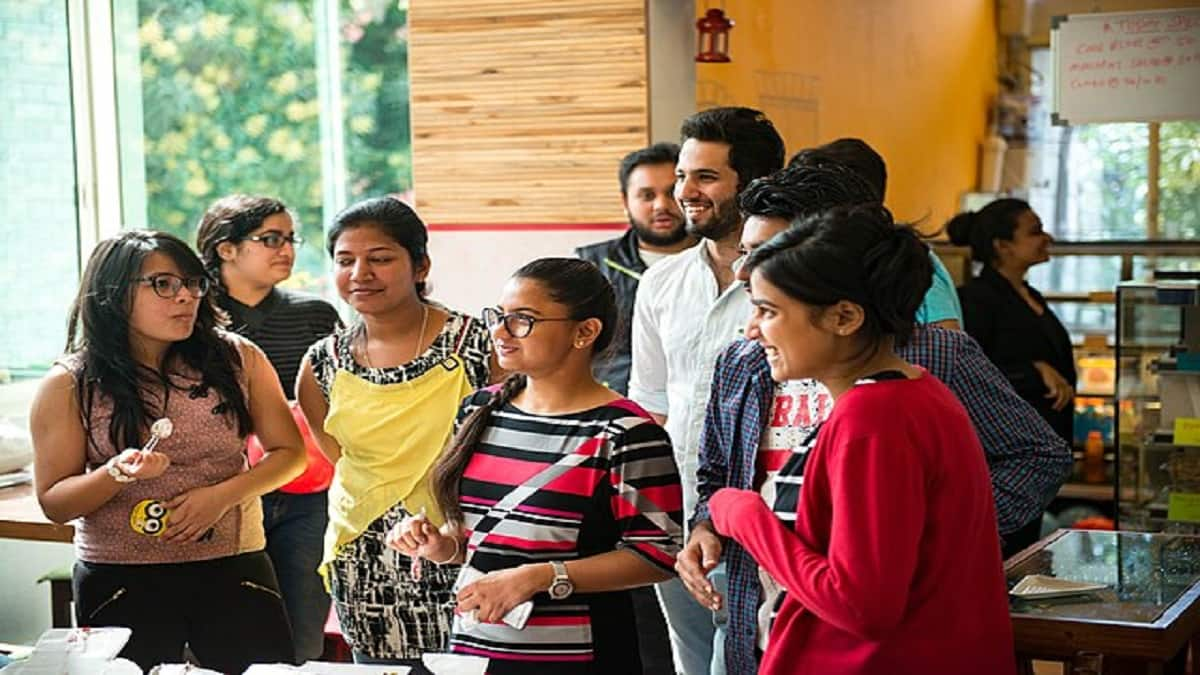CLAT 2026 registration from August 1; exam date, fee structure, and eligibility criteria explained
Anu Parthiban | July 21, 2025 | 05:02 PM IST | 3 mins read
CLAT registration last date 2026 for UG and PG is October 31. The application form for CLAT UG and PG 2026 will be available on the official website, consortiumofnlus.ac.in.
CLAT Sample Paper 2026 with Answer Key- Careers360
Download the CLAT Sample Paper 2026 PDF featuring the latest exam pattern with descriptive-type questions for effective preparation.
Download EBook
The Consortium of National Law Universities (NLUs) has announced the registration dates for Common Law Admission Test (CLAT 2026). The CLAT 2026 short notice has been issued, kickstarting the admission to undergraduate (UG) and postgraduate (PG) courses at 24 NLUs and other participating universities.
CLAT 2026: Attempt Mock Test Series | 60% Syllabus Covered (Important Topics)
CLAT 2026: Preparation Guide | Quantitative Techniques PQ's | English Language
CLAT 2026: 10 Free Mock Tests | Legal Reasoning Study Material | Criminal Law Concepts
CLAT 2026: Sample Paper | Last 5 Year QP's | Law of Torts Concepts | Study Plan | Current Affairs
The CLAT 2026 registration for both LLB and LLM admissions will open on August 1. As per the schedule, the CLAT registration last date is October 31. Applicants will have to pay the application fee and upload all required documents while filling up the registration form.
Candidates applying for CLAT 2026 should keep all essential documents ready for the registration process. These include a recent front-facing passport-size photograph with a plain background, along with the candidate’s signature.
Those applying under reserved categories such as SC, ST, or OBC are required to upload a valid category certificate. Similarly, candidates with disabilities should submit a PwD certificate. Additionally, applicants claiming eligibility under the Below Poverty Line (BPL) category should provide relevant supporting documents as proof.
CLAT UG, PG 2026 exam date
The Consortium of NLUs will conduct the CLAT UG, PG exam 2026 on December 7. The exam will be held for a duration of two hours from 2 pm to 4 pm.
As per the CLAT exam pattern, the UG question paper will consist of 120 multiple-choice questions carrying 1 mark each. There will be a negative marking of 0.25 mark for each wrong answer.
There will be five sections in CLAT UG exam - English Language; current affairs, including general knowledge; legal reasoning, logical reasoning; and quantitative techniques.
The CLAT PG syllabus will consist of topics such as constitutional law, other areas of law such as jurisprudence, administrative law, law of contract, torts, family law, criminal law, property law, company law, public international law, tax law, environmental law, and labour and industrial law.
Also read LLM in online, distance, hybrid, part-time mode not allowed under Indian law: BCI
CLAT 2026 application fee
The CLAT registration process is held online and the exam is held in offline mode. The non-refundable application fee varies for different categories.
General, OBC, NRI candidates - Rs 4,000
SC, ST, BPL, PWD category candidates - Rs 3,500
The cost of previous years' question papers is Rs 500.
“The candidates themselves will have to bear the bank transaction charges for remitting the fee online. The actual bank transaction charges will be displayed in the payment gateway page after candidates choose the mode of payment,” the Consortium had said.
CLAT 2026 eligibility criteria
Candidates can check the eligibility criteria for both CLAT UG and CLAT PG 2026.
CLAT UG 2026 Eligibility - There is no upper age limit for candidates appearing for UG programmes. Candidates should have passed Class 12 or equivalent with a minimum of 45% of marks. However, candidates belonging to SC, ST, PwD categories should have secured at least 40%. Students appearing for the qualifying exam in March-April will also be eligible, provided they submit the proof during the admission process.
CLAT PG 2026 Eligibility - Similar to UG, there is no upper age limit for PG candidates. LLB degree holders or equivalent exam with a minimum of fifty percent marks. Reserved category candidates should have obtained 45% marks in the qualifying exam.
Follow us for the latest education news on colleges and universities, admission, courses, exams, research, education policies, study abroad and more..
To get in touch, write to us at news@careers360.com.